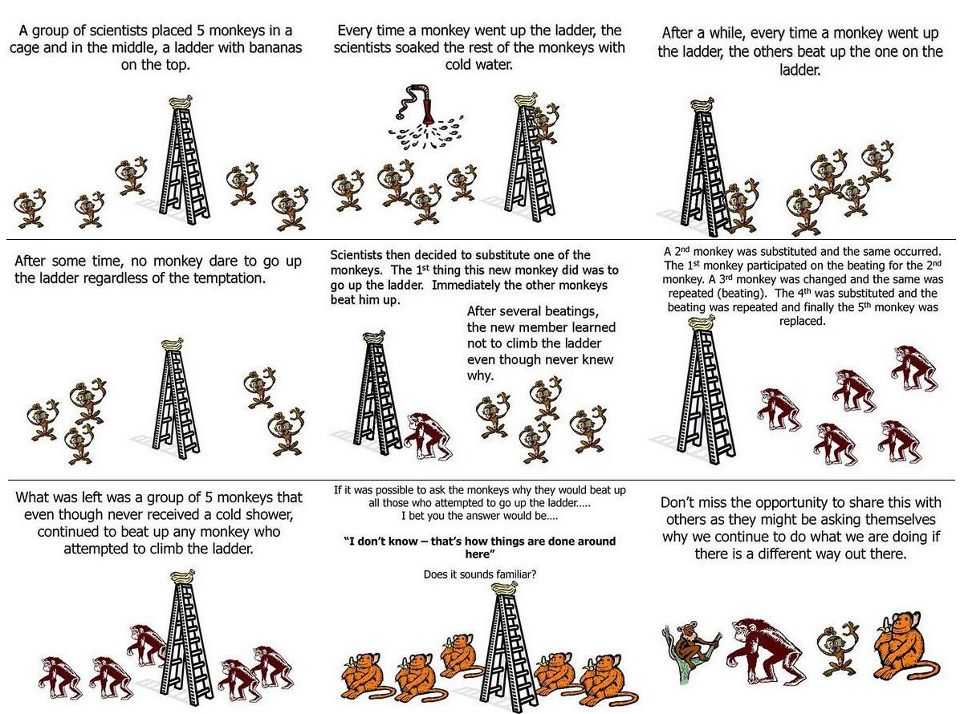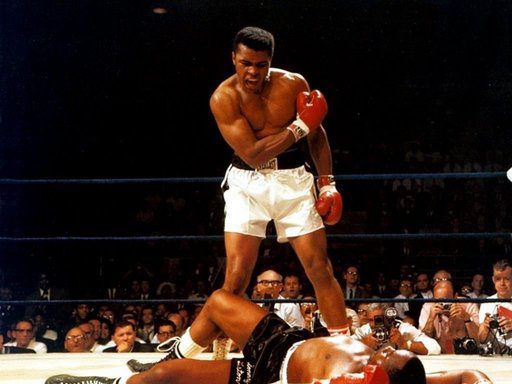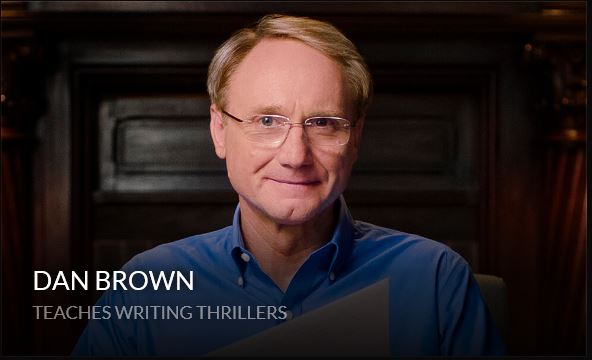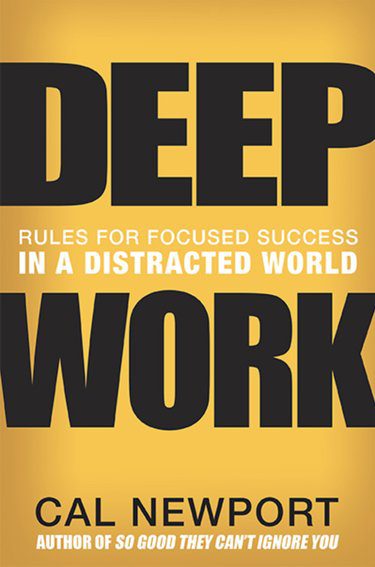Don’t take anything personally. Nothing others do is because of you. What others say and do is a projection of their own reality, their own dream. When you are immune to the opinions and actions of others, you won’t be the victim of needless suffering. —Don Miguel Ruiz
On your path to greatness, there will always be detractors, doubters and naysayers. The distractions come from everywhere and every form you can imagine: Family Members, Friends, Monitoring Spirits, Online Tolls. As Mahatma Gandhi once said “First they ignore you, then they laugh at you, then they fight you, then you win“. When these distractions come, you have to see the end in mind, ignore the naysayers, focus on your goals, and EXECUTE
Your Results would cancel the Insults.
When these detractors come around like they often do, remember the words of Theodore Roosevelt’s Man in the Arena:
It is not the critic who counts; not the man who points out how the strong man stumbles, or where the doer of deeds could have done them better. The credit belongs to the man who is actually in the arena, whose face is marred by dust and sweat and blood; who strives valiantly; who errs, who comes short again and again, because there is no effort without error and shortcoming; but who does actually strive to do the deeds; who knows great enthusiasms, the great devotions; who spends himself in a worthy cause; who at the best knows, in the end, the triumph of high achievement, and who at the worst, if he fails, at least fails while daring greatly, so that his place shall never be with those cold and timid souls who neither know victory nor defeat.
Remember the 18/40/60 Rule.
- When you’re 18, you worry about what everybody is thinking about you.
- When you’re 40, you don’t give a darn what anybody thinks of you.
- When you’re 60, you realize that nobody has been thinking about you at all!
Most of the time, the naysayers are dealing with things we know nothing about and they are just projecting their insecurity on you. As Eleanor Roosevelt quipped: No one can make you feel inferior without your consent.
Learned Helplessness: Don’t Settle
Two Business professors Gary Hamel and C. K. Prahalad wrote about an experiment conducted with a group of monkeys.
Four monkeys were placed in a room that had a tall pole in the center. Suspended from the top of that pole was a bunch of bananas. One of the hungry monkeys started climbing the pole to get something to eat, but just as he reached out to grab a banana, he was doused with a torrent of cold water. Squealing, he scampered down the pole and abandoned his attempt to feed himself. Each monkey made a similar attempt, and each one was drenched with cold water.
After making several attempts, they finally gave up.

Then researchers removed one of the monkeys from the room and replaced him with a new monkey. As the newcomer began to climb the pole, the other three grabbed him and pulled him down to the ground. After trying to climb the pole several times and being dragged down by the others, he finally gave up and never attempted to climb the pole again.
The researchers replaced the original monkeys, one by one, with new ones, and each time a new monkey was brought in, he would be dragged down by the others before he could reach the bananas. In time, only monkeys who had never received a cold shower were in the room, but none of them would climb the pole. They prevented one another from climbing, but none of them knew why.
Most of us feel stuck by the criticism of the naysayers and we settle just like the monkey in the story above.
In his Book, Thinking for a change, John C. Maxwell advised “Stay Away from the “Experts”
So-called experts do more to shoot down people’s dreams than just about anybody else. In the book Future Edge, Joel Barker recounts a few statements made by experts that seem comical now. Those remarks highlight that expertise doesn’t prevent someone from selling short a dream. Ponder the following comments, along with when they were made:
- The phonograph is of no commercial value. —Thomas Edison, remarking on his own invention in 1880.
- There is no likelihood man can ever tap the power of the atom. —Robert Millikan, Nobel Prize winner in physics, 1920.
- It is an idle dream to imagine that automobiles will take the place of railways in the long-distance movement of passengers. —American Road Congress, 1913.
- I think there is a world market for about five computers.—Thomas Watson, chairman IBM, 1943.
- There is no reason for any individual to have a computer in their home. —Ken Olsen, president of Digital Equipment Corporation, 1977
If you want to achieve something, give yourself permission to believe it is possible—no matter what experts might say.
Self-Validate
In The War of Art, Pressfield, Steven shares the following insights:
An amateur lets the negative opinion of others unman him. He takes external criticism to heart, allowing it to trump his own belief in himself and his work. Resistance loves this.
The professional cannot allow the actions of others to define his reality. Tomorrow morning the critic will be gone, but the writer will still be there facing the blank page. Nothing matters but that he keep working. Short of a family crisis or the outbreak of World War III, the professional shows up, ready to serve the gods.
Remember, Resistance wants us to cede sovereignty to others. It wants us to stake our self-worth, our identity, our reason-for-being, on the response of others to our work. Resistance knows we can’t take this. No one can.
The professional blows critics off. He doesn’t even hear them. Critics, he reminds himself, are the unwitting mouthpieces of Resistance and as such can be truly cunning and pernicious. They can articulate in their reviews the same toxic venom that Resistance itself concocts inside our heads. That is their real evil. Not that we believe them, but that we believe the Resistance in our own minds, for which critics serve as unconscious spokespersons.
The professional learns to recognize envy-driven criticism and to take it for what it is: the supreme compliment. The critic hates most that which he would have done himself if he had had the guts..
First people will tell you that you are wrong. Then they will tell you that you are right, but what you’re doing really isn’t important. Finally, they will admit that you are right and that what you are doing is very important; but after all, they knew it all the time. – Jonas Salk, Polio Vaccine Inventor
Know when to listen to critics
Author John Maxwell, In his Book, Put Your Dream to the Test.noted:
Which critics count and which don’t? Heed the advice of the critic when . . .
- You are unconditionally loved by the one who criticizes you.
- The criticism is not tainted by his or her personal agenda.
- The person is not naturally critical of everything.
- The person will continue giving support after giving advice.
- He or she has knowledge and success in the area of the criticism.
All the Best in your quest to get better. Don’t Settle: Live with Passion.



Comments are closed.